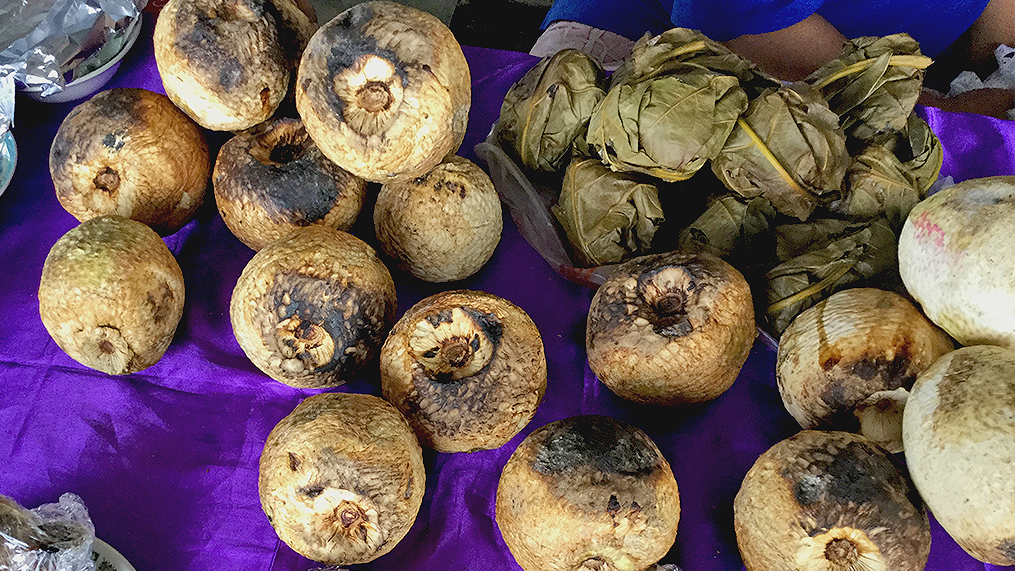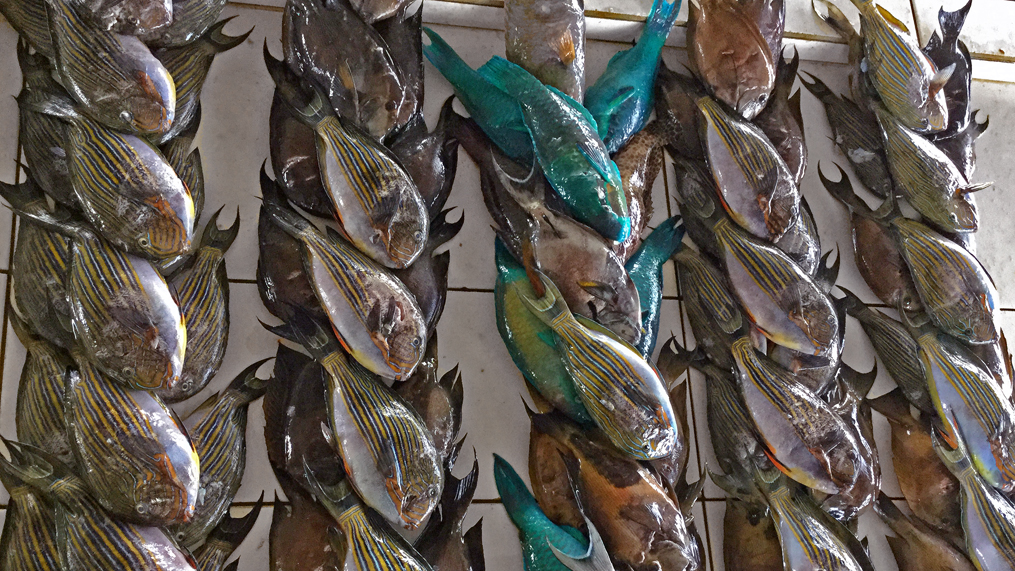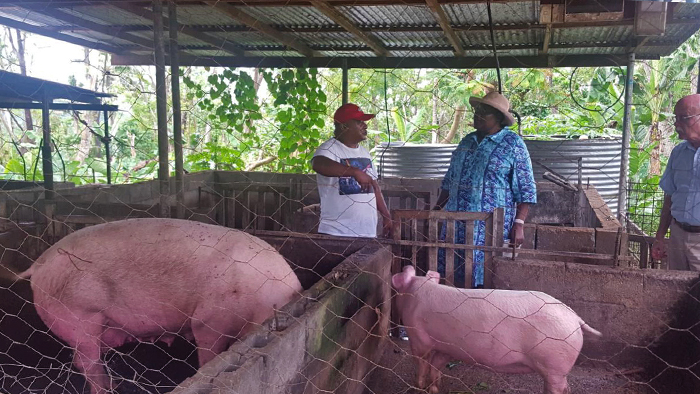New project gives Samoan farmers and fishers boost to grow their businesses

Samoan farmers and fishers seeking to become more commercially viable will get a leg up thanks to a new World Bank project.
The six-year, US$ 23.55 million project, including US$ 3.6 million in co-financing from IFAD, aims to make Samoa’s agriculture and fisheries sectors more efficient, productive and sustainable.
Building on an earlier World Bank initiative, the project will invest in rehabilitating and building disaster-resilient infrastructure, including nurseries, crop drying facilities and cold storage for fish and meat.
It will also make it easier for Samoan farmers and fishers to access credit and markets, thanks to a matching grants programme.
A team of experts from FAO’s Investment Centre and its Subregional Office in Samoa provided substantial technical assistance in the design of the project, especially the fisheries and agribusiness components.
Healthier diets
Samoa’s small size, remoteness and vulnerability to climate shocks and natural disasters constrain its economic growth.
Around half of the population is obese, and more than 40 percent of deaths stem from non-communicable diseases like diabetes, strokes and heart disease.
Even though most Samoans grow crops and raise livestock, the country still relies heavily on imported food.

But by increasing the availability and consumption of locally produced food, the country can reduce its food import bill, said FAO economist Wadzanai Garwe.
“This project is looking to ensure that more diverse nutritious foods are produced in Samoa while at the same time improving the commercial structure so that Samoan butchers, supermarkets and restaurants are more willing to source beef, pork, chicken, fish, spices and vegetables from domestic producers,” she said.
The initiative is also raising awareness among Samoans of the benefits of healthy eating –– swapping out ultra-processed foods high in added sugars or salt for local foods like taro, bananas and yams, for example.

Farming and fishing as a business
One obstacle keeping Samoa’s subsistence and semi-commercial farmers and fishers from taking it to the next level is the lack of financing.
Under this project, a matching grants programme with the Development Bank of Samoa (DBSA) and the Small Business Enterprise Centre (SBEC) will enable farmers, producer organizations and micro- and small enterprises to grow their businesses and access more profitable markets.
Special attention will be given to proposals from women and youth as well as innovations that promote climate-smart practices.
Samoan fishers can improve their livelihoods, for example, by investing in fishing gear and engaging in fishing practices that are safer and less harmful to the marine environment. They can also add value to fish products to tap into new markets, both at home and abroad.

Likewise, commercially-oriented livestock farmers and slaughterhouses can invest in improving quality and safety standards and reducing waste to become more competitive.
“Samoans are farmers by nature, but over the years the country has imported a lot of food from New Zealand and Australia, which has left many Samoans with little incentive to farm beyond subsistence levels or to produce food purely for ceremonial events,” Garwe said.
With better access to financing, alongside improved production skills and infrastructure, more of the country’s farmers and fishers will be encouraged to see farming and fishing as a viable business, she added.
In doing so, they will help transform Samoa’s agriculture and fisheries sectors and lift up the nutrition and health of its citizens.

